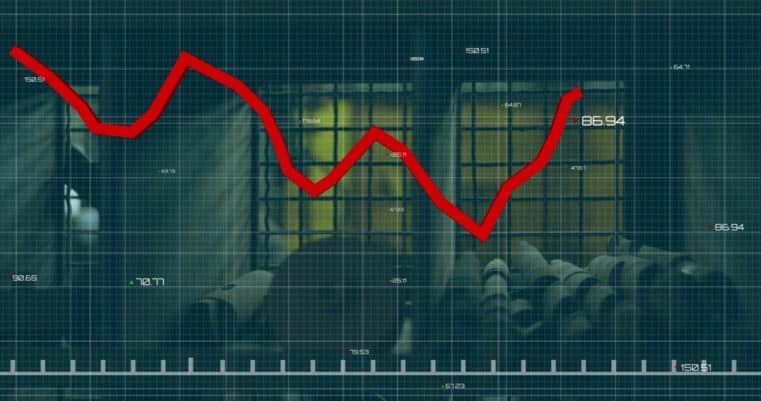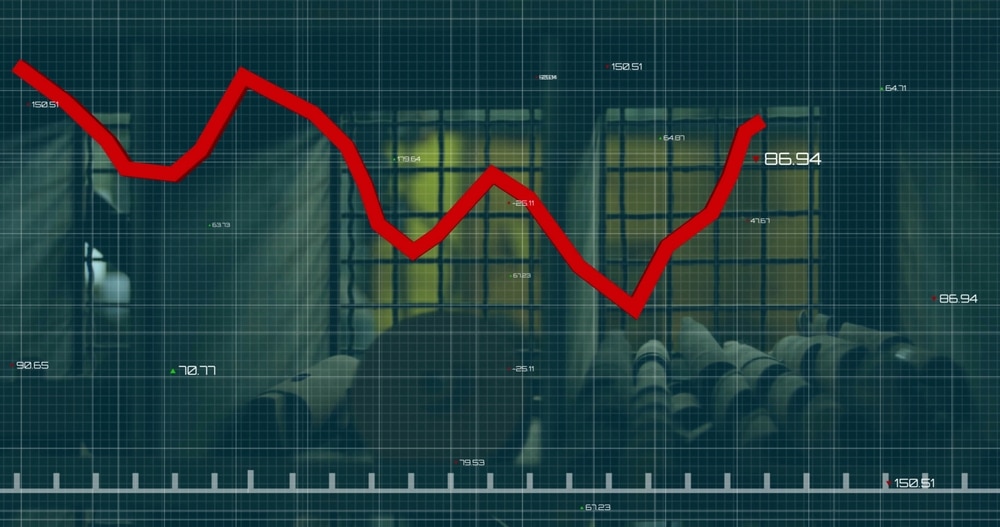
These 10 U.S. States Are Best Prepared for a Deep Recession
EDITOR'S NOTE: This article is a bit of a misnomer - any people would assume that the CITIZENS or ECONOMIES of these states would fare the best... but the reality is, this article is describing how long the state, as an entity could continue "as is" without making serious changes to their financial budgets. This is mostly in relation to the idea of States (many of whom have dramatically mismanaged their assets for decades or more, should get bailed out along with the mega corps and too big to fail banks. What do you think?
This week Treasury Secretary Steven Mnuchin called out “mismanaged” states, suggesting that the federal government should not be responsible for bailing out states that had poorly managed budgets before the coronavirus pandemic brought business activity to a halt, triggering a deep recession.
Mnuchin’s comments echoed those of Senate Majority Leader Mitch McConnell, who earlier said that he was in favor of allowing states to declare bankruptcy. (It’s important to note that, under current laws, states cannot go bankrupt, only default on their debts.)
Congress is not “interested in solving their pension problems for them. We’re not interested in rescuing them from bad decisions they’ve made in the past,” the Kentucky senator told Fox News.
By some estimates, states could be facing their deepest budget shortfall on record due to the COVID-19 crisis. The Center on Budget and Policy Priorities (CBPP), a Washington, D.C.-based think tank, believes states could collectively see a budget deficit of $290 billion in 2021, which would be greater than during the 2001 recession and 2007-2008 global financial crisis.
So which states were best prepared for a recession such as the one we’ve likely already entered? That’s a question I was curious to have answered.
There are many factors to consider, including tax revenue, annual spending (particularly on entitlements such as Medicaid), cash reserves and more.
To keep things simple, I turned to Moody’s annual “stress test” of state budgets, which measures preparedness for a recession based on the size of the state’s rainy day fund as a percent of its general fund reserve, and whether the state would be able to make up for such a fiscal shock as having a drop in tax revenue from fewer people working and an increase in Medicaid spending. Coincidentally, Moody’s last conducted its stress test in October of last year, soon before the pandemic, so the results are as up-to-date as you can hope for.
Read Original Article at goldseek.com











